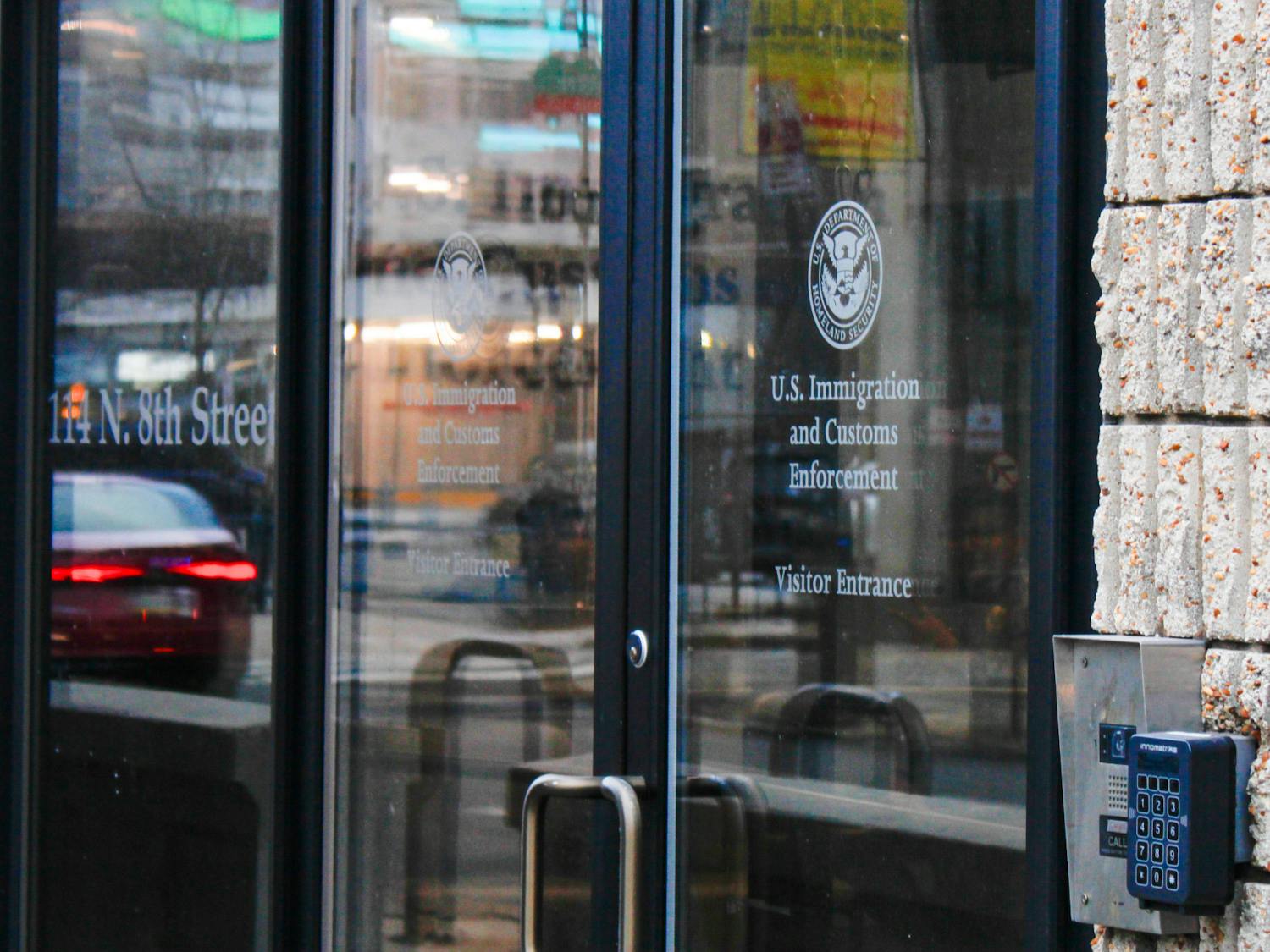Each year, millions of readers find themselves captivated by superbly-believable escapist thrillers. Tom Clancy, Nelson Demille, and Robert Ludlum created conspiracies that seem so real, some wonder why they have not yet happened.
However many of these fantasy stories have become reality over the past year. In Clancy's Debt of Honor, a 747 jet crashes into the Capitol building. Clancy's vivid description now seems eerily familiar: "Nearly three hundred tons of aircraft and fuel struck the east face of the building at a speed of three hundred knots. The aircraft disintegrated on impact... Next came the building itself... one hundred tons of jet fuel erupted from the shredded fuel tanks, vaporizing... A second later it ignited from some spark or other, and an immense fireball engulfed everything inside and outside of the building." It may seem like a prediction, but it is merely evidence that suspense authors' sagas seem so plausible because they actually can occur -- unsure circumstances create a fertile soil for stories of terrorism and conspiracy.
Government agencies have asked citizens to be their eyes and ears. Civilians are everywhere, and can easily aid law enforcement, whose manpower is limited to its payroll. In asking for this help, officials certainly did not ask people to elaborately weave their own Tom Clancy-like stories, but merely to report obvious signs of trouble.
But, as I recently learned, conspiracy is now believed to be everywhere -- even my seemingly quiet workplace. Last week, I heard co-workers discussing a man wearing a yarmulke, who had been measuring the mailbox by the employee entrance. Several plain-clothed gentlemen were videotaping the front of the building, which by all accounts, would be completely uninteresting.
Yet, one of the suspicious group of employees had seen a woman photographing the building's entrance earlier in the morning, and wondered if the incidents were related. Another woman mentioned that the man was probably trying to see how large a device the mailbox could fit. Another conjectured that with all the recent problems in Israel, the man might be seeking revenge. "Clearly, he must be doing something illegal. That's for certain," one co-worker maintained.
From my desk, I was able to see that quite a few people had gathered outside to investigate the goings on. Fearing that the the cause of the man's apparent mischief was the word "federal," which appears on the side of the building, thoughts of Oklahoma City crossed our minds. At the very least, it seemed that something was awry; and some even feared that our workplace wouldn't be standing the following day. Many employees took these moments of anxiety to take early lunches or smoking breaks. Others suggested that they would plan on taking the following day off and make the best of the situation with a timely vacation.
I wondered what would happen if trouble did arise. I pictured a news anchor describing what might become of our building. While everyone else panicked, the bank's president went outside to inquire the truth. Just ten minutes later, the grapevine had relayed the truth back to my part of the office. It turns out that the bank president knew the man investigating our mailbox.
In conjunction with the local U. S. Post Office, he was measuring the mailboxes on both sides of the street -- in front of our bank, and across the street -- for our mutual benefit and safety. The man was involved in a plan to manufacture mailboxes that could only fit legal-sized letters. Good-naturedly, he even cracked a joke, promising to stow anthrax in the mailbox across the street from us -- the box for his own building. Decidedly, this man was neither terrorist nor ne'er-do-well. "Never a dull moment at the credit union," one employee quipped. All fears were quickly abated and work continued as usual.
Terrorist threats and violence have never been more real; there is no need to add to the confusion. The last thing that we need are additional and unwarranted concerns created by overactive imaginations. Professionals should be left to do their job, undaunted by the musings of my needlessly troubled co-workers. Citizens should notice shady goings-on and report them to the proper authorities. The initial concern that brought the president of the bank outside was warranted; the invented plot of a revenge-seeking foreigner was not.
By all means, we should identify possible problems, but allow it stop there. Our thoughts should not move immediately to fictional schemes of intrigue -- unless of course, they translate into a profitable movie or book. And even then, we ought to realize that there must be a restraint in our internal thinking that separates fiction from reality. Leave real conspiracies to the proper authorities, and leave false ones to bestselling Clancy novels.








